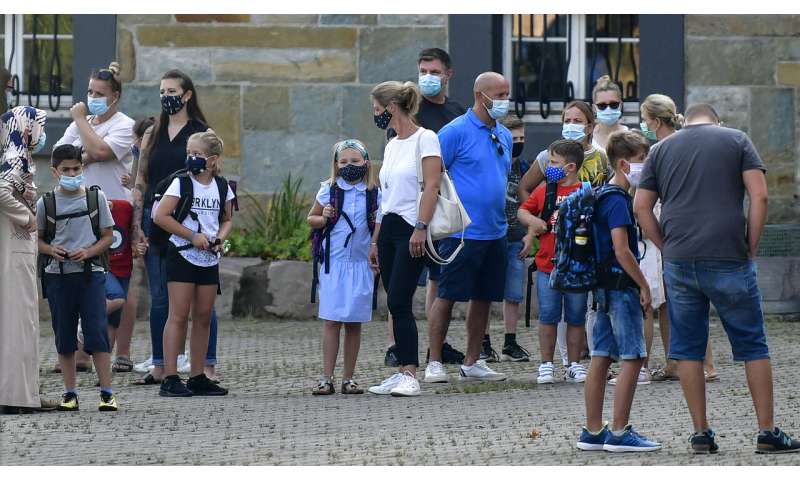
Germany’s government urged citizens Wednesday to keep their guard up and stick to public health guidelines, as new COVID-19 infections hit a three-month high and schools reopened in the country’s most populous state.
Germany’s response so far has widely been seen as successful in slowing the spread of the pandemic efficiently and quickly, but the country’s disease control authority on Wednesday reported 1,226 new infections. That was the highest number since early May, although the figure has topped 1,000 on several days recently.
Health Minister Jens Spahn said smaller and mid-sized outbreaks have occurred in almost all regions, largely driven by travelers returning from abroad and people partying or having family gatherings.
“This is worrying, without doubt,” Spahn told Deutschlandfunk radio. “And it can naturally lead to a new dynamic, if we don’t all now exercise caution.”
In the early days of the pandemic the average age of people infected was 50; it is now 34.
Spahn reiterated appeals to wear masks, keep distances and not go overboard in social settings, while expressing skepticism about a new vaccine approved by Russia, the first country worldwide to do so.
“It’s not about being the first one,” Spahn said. “But it’s about having an effective, tested and therefore secure vaccine.”
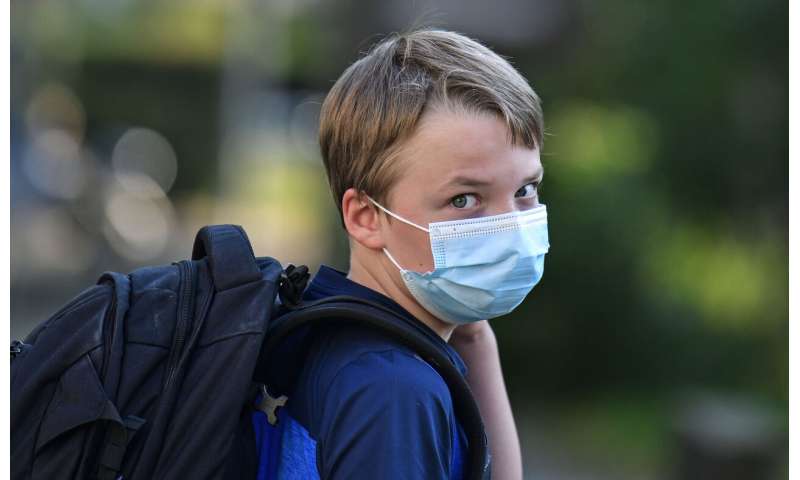
Germany has recorded 218,519 confirmed COVID-19 cases and 9,207 deaths, according to the Robert Koch Institute, the national disease control center. At the height of the pandemic in early April, there were about 6,000 new cases each day.
Many of the current new infections were people who contracted the virus during visits to the western Balkans, Turkey, Bulgaria, Romania, Poland and Spain, the Robert Koch Institute said.
The uptick comes as students are returning to school across the country, adding to concerns.
Chancellor Angela Merkel’s spokesman, Steffen Seibert, said restoring economic activity and restarting schools were both critical. He urged Germans not to grow lax about wearing masks or keeping distances, and to practice careful hygiene measures.
“We need to be careful and vigilant,” Seibert said.
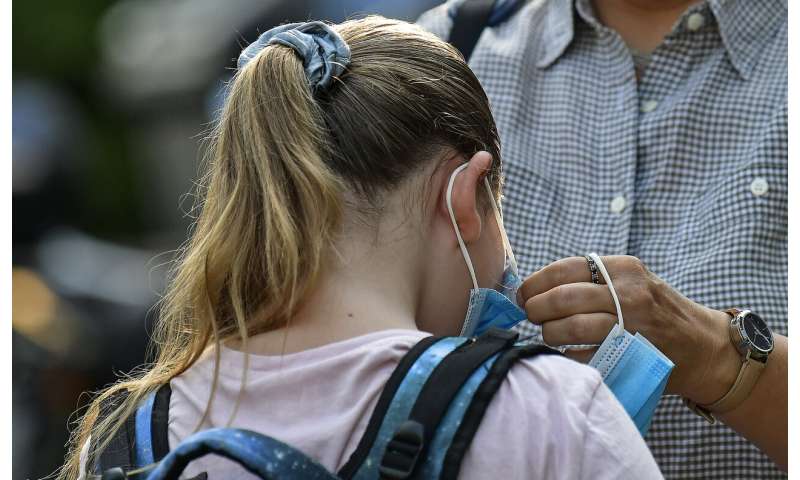
Some 2.5 million children were returning to school Wednesday in North Rhine-Westphalia, Germany’s most populous state, which has the strictest rules in the country—including that students above elementary school age must wear masks at all times, including in class.
The eastern state of Mecklenburg-Western Pomerania, which has seen the country’s lowest number of coronavirus infections, took a different approach when it became the first state to send children back to school on Aug. 3, with no mask regulations or social distancing rules. It was forced to temporarily close two schools four days later after a student from one and teacher from the other tested positive for COVID-19.
Most of Germany’s 16 states have some sort of a mask rule, usually requiring them in hallways but not in classrooms or schoolyards. Mecklenburg has now implemented such a rule as well, but only for students above primary-school age.
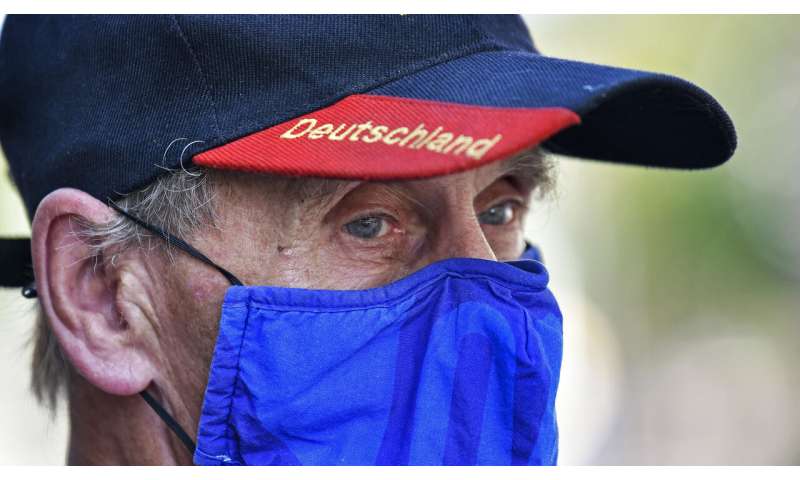
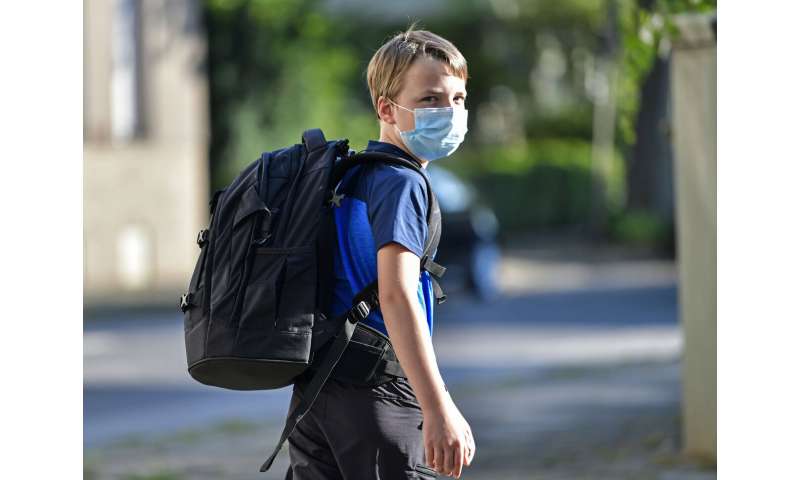
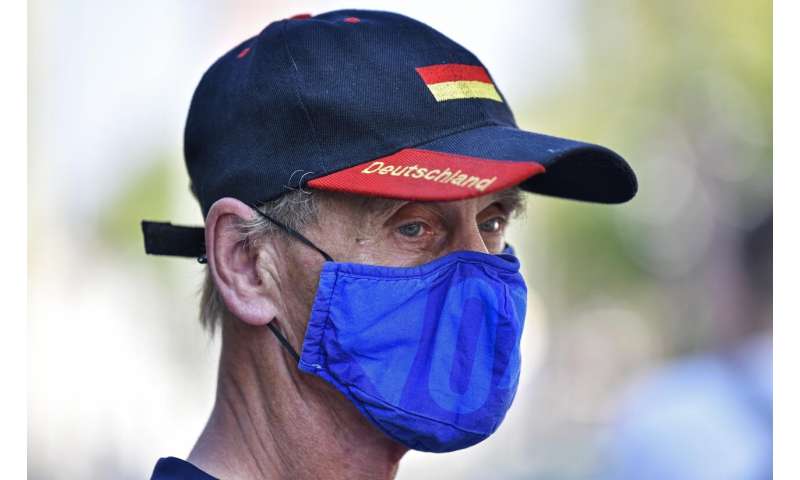
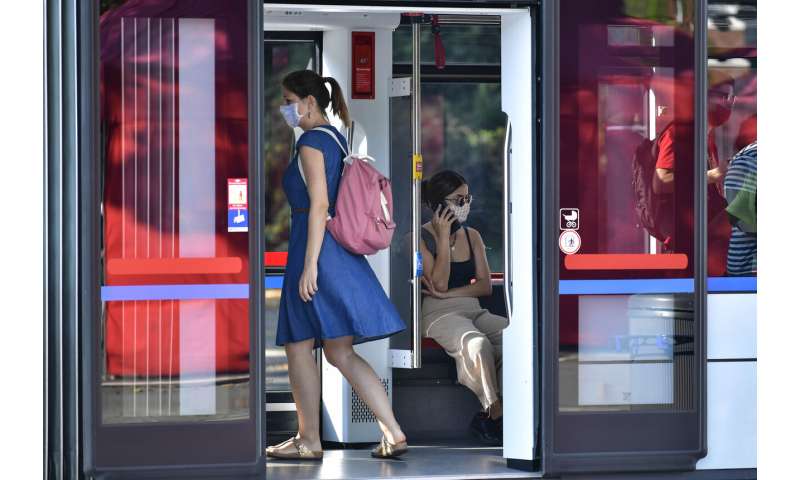

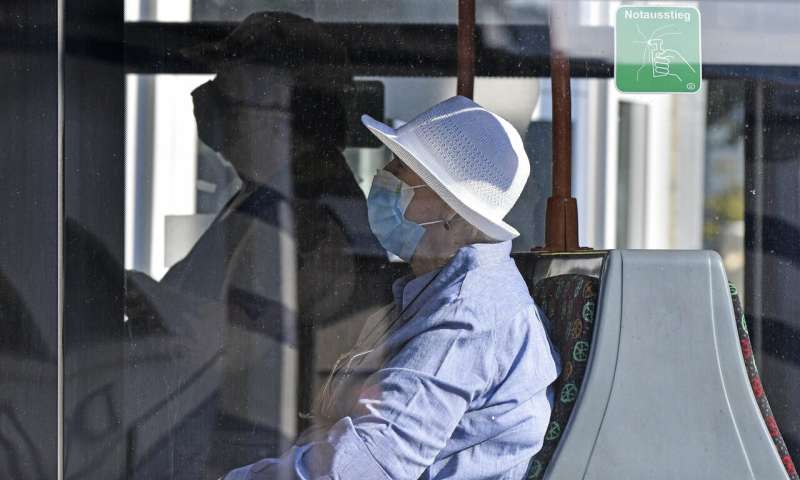
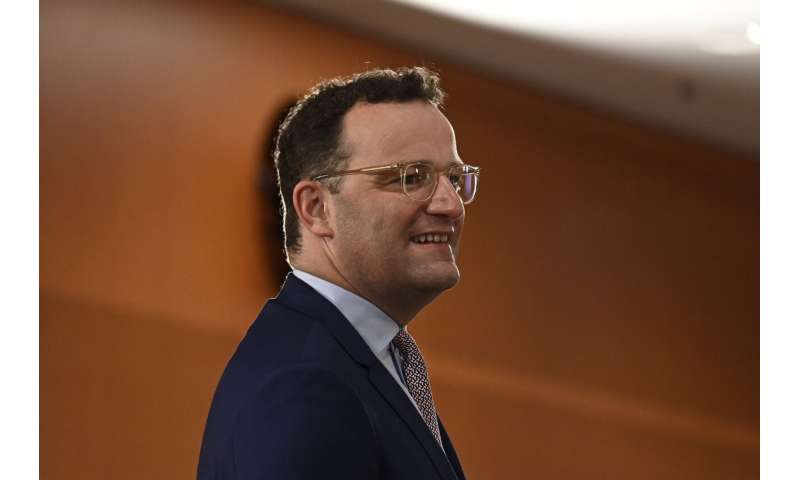
In Brandenburg, where school resumed Monday, a child and a worker at an after-school program tested positive on Wednesday and authorities were awaiting test results for 68 people who had been in contact with them.
Source: Read Full Article
